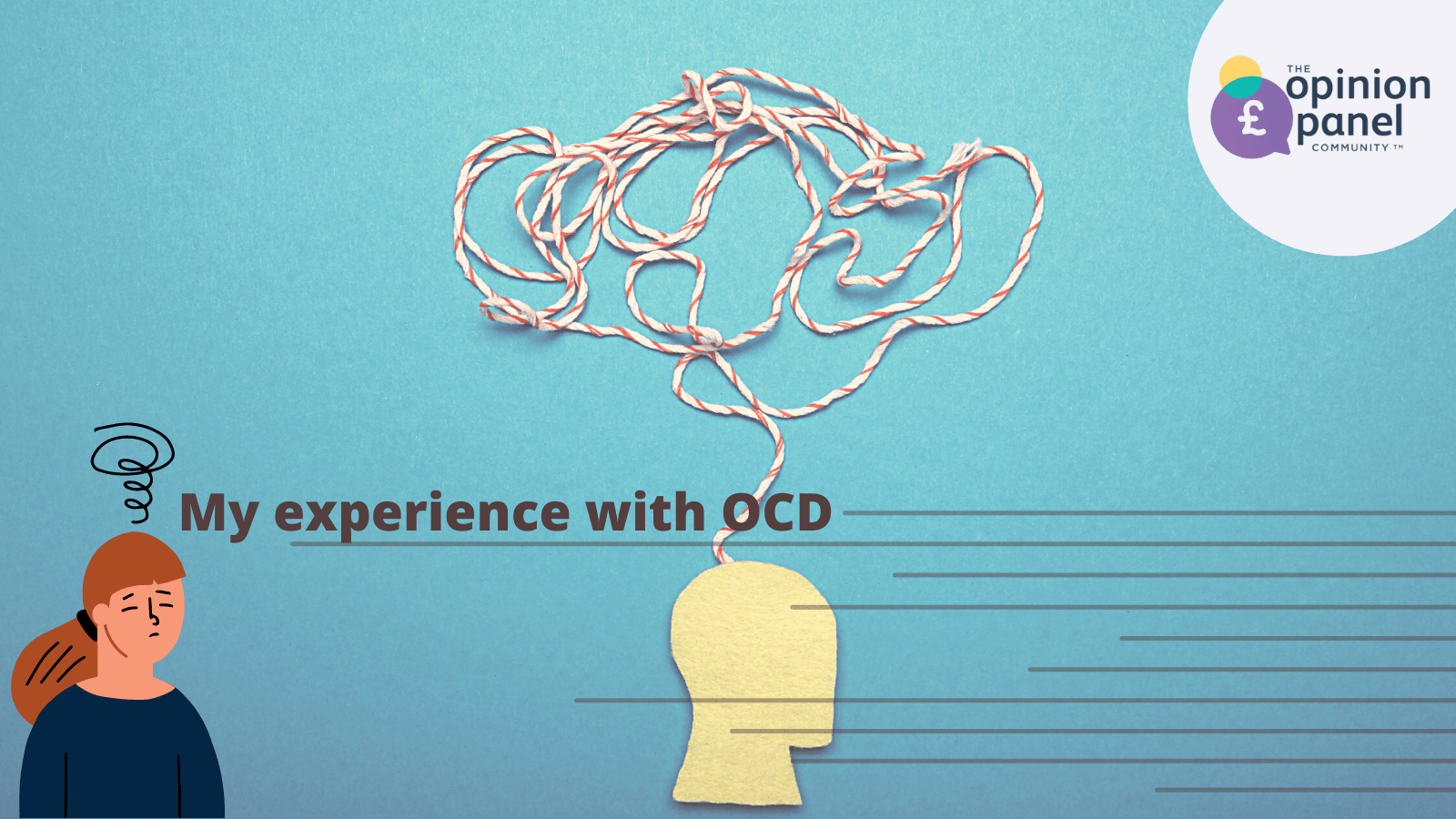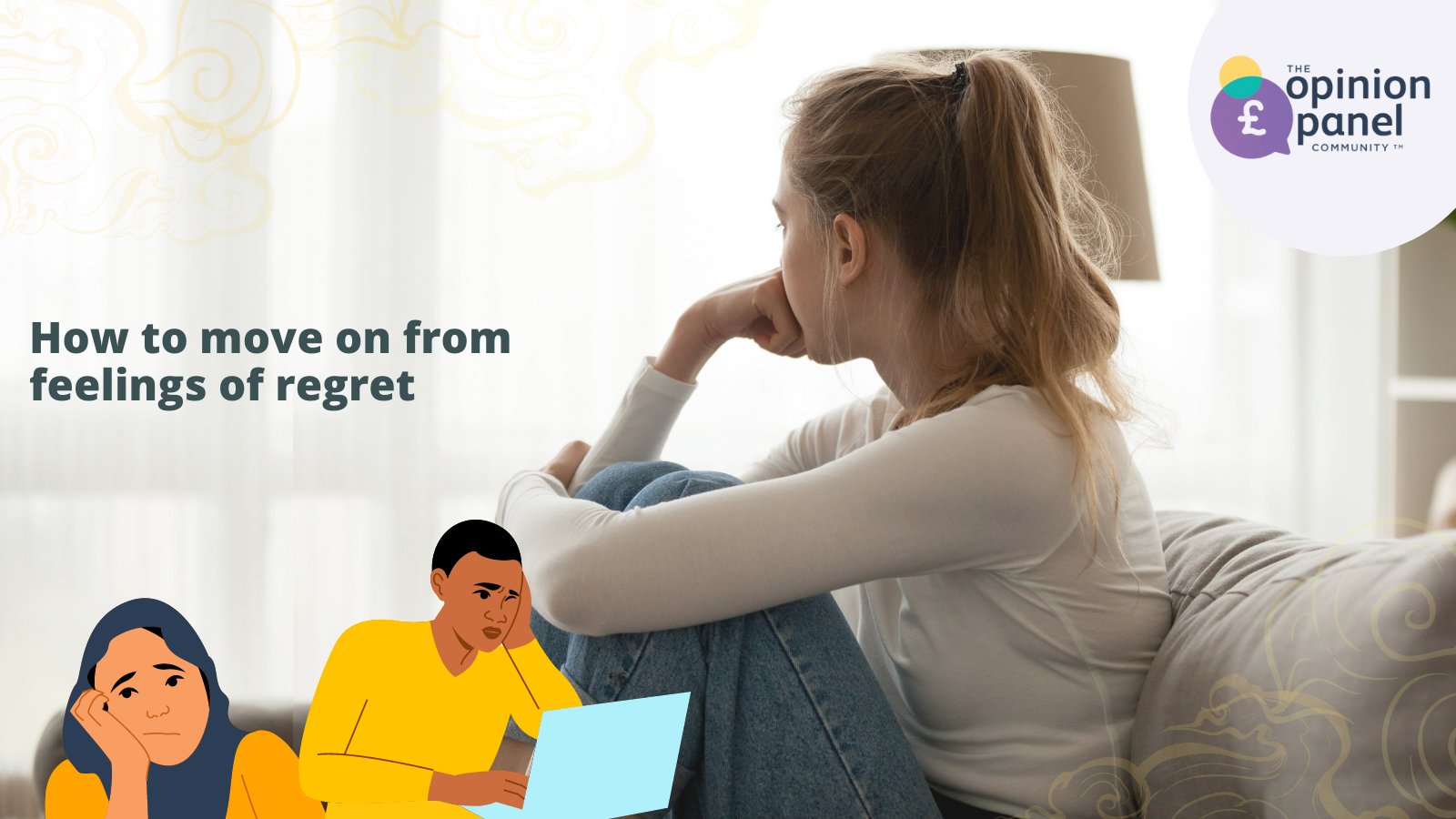
Burnout is a normal feeling for most of us right now. Times are stressful and we’re all trying to keep up with the changes in our lives. In this article I’ll talk you through the signs and symptons of burnout and what you can do to combat it.
Everyone experiences burnout at one point or another – even the most successful of us. We live in a world consumed with the idea of hustling and grinding, one where we must remain productive or risk falling behind. But that couldn’t be more wrong. What we’re not told, is that it’s completely normal to feel unmotivated at times; and this can be in any aspect of your life: from your studies and work life to your fitness regime and even you relationships or family life.
Combating the burnout isn’t about giving up or becoming unproductive. Instead, it’s about knowing when to focus and when to step back, so that you can find the balance that’ll keep your your mind and body healthy.
Are you suffering from burnout?
First of all, what exactly is burnout? Simply put, it’s a state of mental, emotional and physical exhaustion caused by excessive stress during an extended period of time. It often occurs when we push ourselves to the limit, but feel dissatisfaction in the reward. While it shouldn’t be confused with depression, it can often lead to it, so discovering symptons early on will be beneficial.
Common symptons of burnout
Here are some of the symptons to watch out for:
- Lack of focus/ concentration
- Insomnia/ difficulty sleeping
- Feeling of frustration/ irritation
- Headaches
- Fatigue
- Negativity/ cynicism
- Reduced performance
Tips to prevent and cure burnout
1. Learn to say no
Sometimes we take on tasks from others or we say yes to commitments we cannot keep and it leads to overload and anxiety! Don’t take on too many projects or obligations – prioritise and learn to be selective. Ask yourself “does it really need my attention?” and remember, it’s not selfish to say no if the task doesn’t align with your goals.
2. Be more considerate of your future self
When working or studying, we often procrastinate from certain tasks or tell ourselves: “I’ll do that later”. But, what we end up with, is a boatload of jobs that keep piling up – so be mindful of your future self when allocating or delaying tasks.
3. Jog, don’t run
When we start a new project or set a goal, it’s tempting to run at it head on. But this might not be the most efficient way to tackle it. Learn to pace yourself and take breaks when necessary. Don’t overwhelm yourself (this might be easier said than done), and think of it as a marathon, not a sprint.
4. Organise and plan
Planning out your days and organising your work/studies will help you carry out tips two and three. Distribute your work equally across the week and allocate yourself some free time to spend relaxing.

5. Digital detox
Take a break from your screen! Without realising it, we are constantly consuming information, be it in the news, social media or podcasts, so no matter what the content may be, it’s important to take a breather from it. Perhaps set yourself a time every night e.g. 8pm, after which you must switch off from any device, or pick one day a week when you turn off completely.
6. Allow your brain to go on ‘diffuse mode’
Diffuse mode is a relaxed state of thinking that allows you to make subconscious connections in your brain, permitting for new perspectives. This can boost creativity and help focus. Try to clear your mind by stepping away from what you’re doing.
7. Move your body
Physical movement (be it a workout or a walk outside) is highly beneficial for preventing and curing burnout. Gentle exercise (or intense if you prefer) helps to give your mind a rest, and keeps your body healthy.
8. Ask for help
Don’t be afraid to reach out to someone for help! Talking things through is a great way to take the pressure off and give you a different perspective. Talk to a parent, friend or teacher – it might help you figure out a solution. You could also consider professional help if the situation persists – chronic stress and anxiety could lead to other critical health problems, so talking things through early could prevent more serious problems later down the line.

The author of this article, Loren Madnack, also has an eBook available with tips and advice on how you can study more effectively. Check it out here.




 Can relate? Read on for […]
Can relate? Read on for […]

I think…this was really helpful. I was able to learn something new such as digital detox and it also reminded me of some common habits that I need to quit.